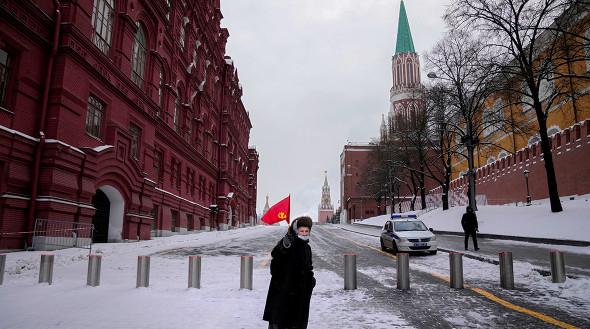With the collapse of the Soviet Union, how the names of cities, streets and subway stations changed, the locations and reasons why Lenin Street and Ilyich Square remained - RBK found the answer within the framework of the "30 years without the SOVIET Union" project

Why did Gorky and Kubyshev change their names, while Kirov and Krasnodar did not
During the Soviet presence, most settlements acquired new names in RSFSR. The main wave of name changes occurred during the reign of Joseph Stalin. Under the leadership of Nikita Khrushchev and Leonid Brezhnev, Soviet state leaders hardly wanted to immortalize their names in their lifetime. After the 1956 Congress debunked the cult of personality, the cities named after Stalin (including Stalingrad and Stalin (present-day Donetsk) and Molotov (Perm)) disappeared from the map. After the Brezhnev era, Brezhnev (Naberezhcherny), Andropov (Rybinsk)) and Ustinov (Izhevsk), but by 1989 they had regained their original names.
The large-scale return of historical place names in Russia began as early as 1990. Against the backdrop of democratic change and the lifting of the ban on public discussion of Soviet history, local authorities began to recall what the cities of their predecessors were called. This process was carried out mainly on the basis of the decree of President Boris Yeltsin or the decision of the Supreme Council - that is, tver (Kalinin), Yekaterinburg (Sverdlovsk), Samara (Gubyshev), Nizhny Novgorod (Gorky), Vladikavkaz (Ordzhonikidze) back to the map.
Members of the public have been asked many times about the name change. For example, three months before Leningrad was renamed St. Petersburg, the issue was raised at the same time as the mayoral elections. Slightly more than half (54%) voted for the name change and 42% opposed it. In 1993, Kirov's referendum ended in the defeat of supporters of the name change to Vyattka (about 80 percent opposed). In 1996, 70% opposed the change of name to Togliatti (named after the Italian communist Palmiro Togliatti, who died in Stavropol-sur-Volga, the name of the city at the time).
Sometimes local authorities at the time of the renaming did not agree with this step. Thus, the vote of the Regional Council saved the Leningrad and Sverdlovsk regions on the map.